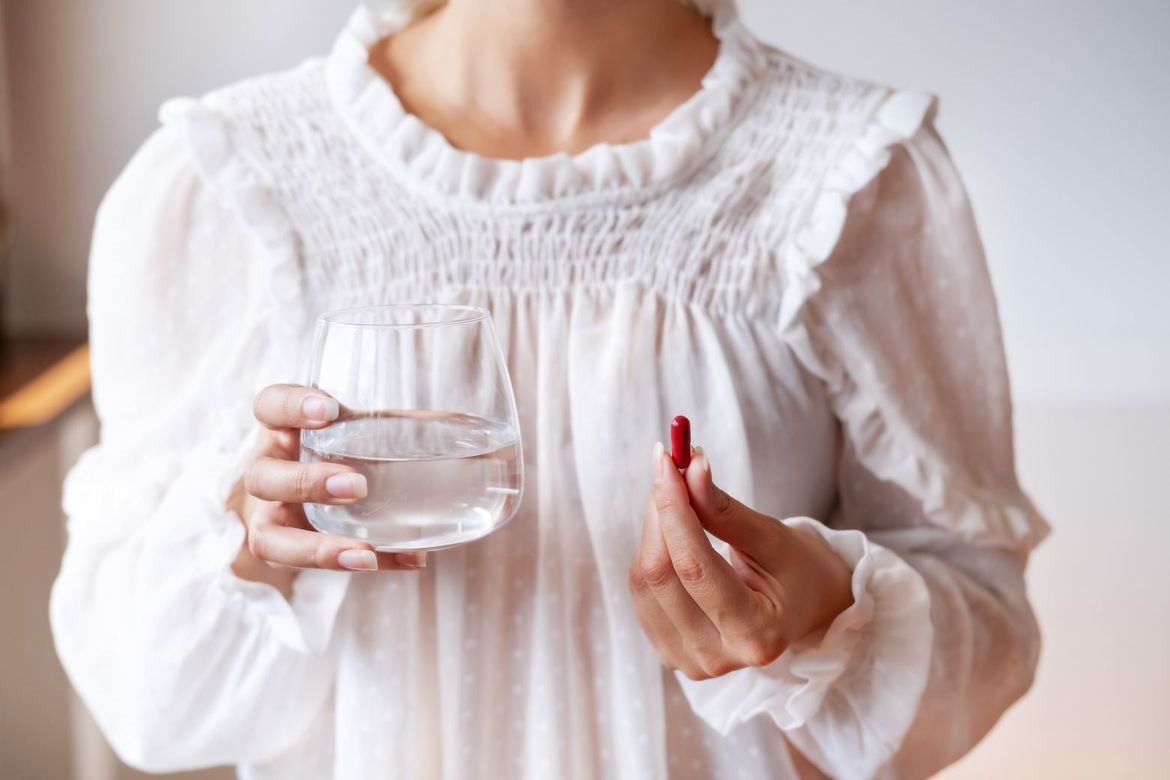Why Iron Is An Important Part Of Our Diets
Iron is not a mineral that can be neglected. Over 150,000 people die every year because of iron deficiency and a staggering 30% of the population is so iron deficient that their health is significantly impacted. On top of that, another 2 billion people are at least mildly iron deficient while at least 16 million women are iron deficient during pregnancy. This issue can result in the impaired development of unborn children.
Therefore, getting enough iron and monitoring your iron levels should to be taken more seriously. Let’s examine why iron is an essential part of our diets and how we can get more if we need it.

Iron’s Role In The Human Body
Iron is necessary for many fundamental functions of the human body, including, keeping your body temperature up, repairing DNA, maintaining proper brain function, and more. Iron is also essential in creating red blood cells. Red blood cells are responsible for carrying oxygen in your blood to other parts of your body. Without enough red blood cells, you can die quickly.
But iron is not just found in your blood. It is also located in your muscles, heart, liver, and many other places. Iron is absorbed from the food in your gut—mostly by the small intestine—and then relocated to other parts of the body.

The Downside Of Too Much Iron
Almost all living organisms on this planet need iron in order to survive. Luckily there is plenty of it. Unfortunately, most iron we see today is oxidized—meaning it has reacted with oxygen. Oxidized iron is unusable by most organisms and because of this, many of them will over-exert effort in finding usable iron.
This can lead to an overload of iron in the organism which is just as damaging as an iron deficiency. When there is an excess of iron in the body, “free radicals” are created in higher quantities. Free radicals are known for speeding up aging and damaging fats, proteins, and DNA. This can wreak havoc on the body over time.
High levels of iron can also lead to nasty side effects such as constipation, nausea, vomiting, abdominal pain, cramping, and diarrhea. Excess iron can lead to irritation in the gut that will create stomach ulcers. The human body does not have a natural mechanism to excrete excess iron.
Eating too much meat and animal skin can lead to an excess of iron. If you consume more plants, you may have lower levels innately. Aside from donating blood and menstruating, there are not many ways to get rid of extra iron. It’s important to monitor your levels through blood tests.

How To Maintain Iron Levels
Every day you lose 1-2 milligrams of iron (and menstruating women will lose more) through the daily process of your body replacing the gut lining and skin where iron lives. Food intake is the main way that iron is stored in the body. You absorb about 8-10% of your iron from food on average.
Therefore, diet is the best way to maintain your iron levels. As stated before, animal meat is high in iron. So if you are deficient, you can try adding foods such as red meat, pork, seafood, and poultry. But there are also plants that contain iron as well.
Dark leafy greens (such as spinach), beans, lentils, dried fruits (such as apricots and raisins), nuts, iron-fortified cereals, pasta, and bread, are all great sources to get more iron into your diet. If you are still struggling, you can try an iron supplement. But as always, consult with your doctor first to ensure it is the right decision for you.

Benefits Of More Iron
Iron is great for optimizing your health. With sufficient levels of iron, you will experience more energy, better quality sleep, better brain function, and more.
Because iron helps bring oxygen to other parts of the body, it can help repair muscles after a tough workout helping you to grow stronger. It is also essential for your hormones which are responsible for almost every emotion and your energy levels.
Anemia is the term for chronic iron deficiency and it can lead to worse diseases down the line, such as rheumatoid arthritis, irritable bowel syndrome, and some types of cancers. Make sure you are routinely getting your bloodwork checkers (every 3-6months) to make sure your iron levels are sufficient.
